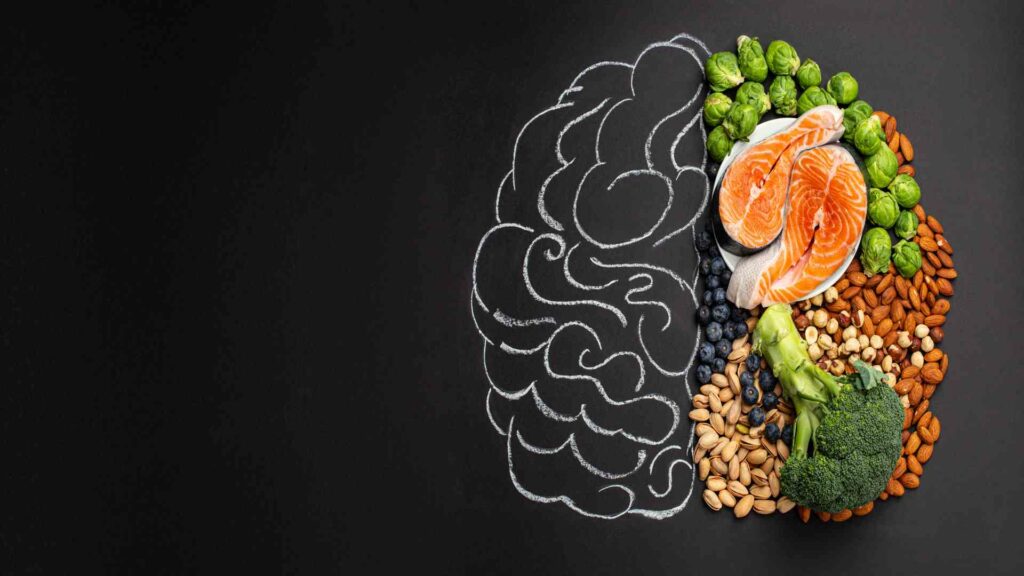
Micronutrient deficiency may lead to some of the risks associated with anaemia, stunted growth, impaired cognitive development, and immune system impairment, because:-
- Micronutrients help keep our metabolism functioning along with this, they also help our body fight off diseases.
- Micronutrients also help with cognitive development
- Absorption of other nutrients is also a role of micronutrients, so it’s crucial for everyone to get the right amount of micronutrients in their diet.
The WHO Guidelines
Since World Health Organization for the improvement of global health and quality of life. WHO has its own ways to study the needs around the globe for improving the health conditions of the global population and hence the WHO report. WHO report refers to the WHO guidelines towards how the world is at increased risk of disease outbreaks, epidemics, industrial accidents, natural disasters, and other health emergencies which can rapidly escalate into a regional or global crisis.
A WHO report from 2015 found that, globally, an estimated 161 million pre-school children are at risk of micronutrient deficiency.
POINT-OF-USE MICRONUTRIENT POWDERS
What are Point-Of-Use (POU) Micronutrients?
Point-of-use micronutrient powders, also called POUMPs, refer to a range of products that come in powder form and which can be used to fortify foods at the point of consumption.
The WHO guidelines suggest that the use of multiple micronutrient powders for point-of-use fortification of foods consumed by infants and young children aged from six months to two years as well as those between the ages of two and twelve can be an alternative.
Point-of-Use Micronutrient Powders for the Benefit of Young Children, WHO guidelines recommend the use of multiple micronutrient powders (MMPs) as a means to mitigate some of the constraints associated with supplementation and mass fortification, such as:-
- An inability to reach desired coverage rates
- Poor compliance by caregivers or children
- Difficulties in ensuring quality control during production
- Storage of fortified foods.
In a recent WHO report, the use of multiple micronutrient powders for point-of-use fortification of foods consumed by infants and young children aged 6–23 months and children aged 2–12 years has been suggested as an alternative to mitigate or overcome the constraints associated with supplementation and mass fortification as mentioned above. The WHO guidelines state that “multiple micronutrient powders (MMPs) have been shown to be safe when used in amounts up to 100 times higher than those specified in international standards.
There are many other benefits associated with this suggested strategy which include:-
- This is due to the fact that micronutrient powders are more easily transportable, store-able, and administrable than supplements or fortified foods.
- Furthermore, they have a shelf life of up to 24 months which means less need for storage space as well as, an advantage of no need to constantly reload.
- Additionally, they have the ability to increase micronutrient intake with a higher target coverage than supplements and fortified foods can provide which are typically targeted at one age group or gender. This is because of the wide variety that these powders come in such as iron, zinc, calcium, vitamin A, etc.
BORON DEFICIENCY
Since boron is also an essential micronutrient which we need in our diet, here is a little guideline towards its consumption. If you eat one cup of rice per week and only get 1 milligram of boron from this single serving, you can still meet your needs by consuming 10 cups of rice per week but supplementing with 10 milligrams of boron per day. So this is one possible solution for countries struggling with boron deficiency. Boron deficiency might affect brain function by reducing mental alertness and impairing executive brain function, though it is not yet researched in-depth about the impact of boron deficiency on the human body.





